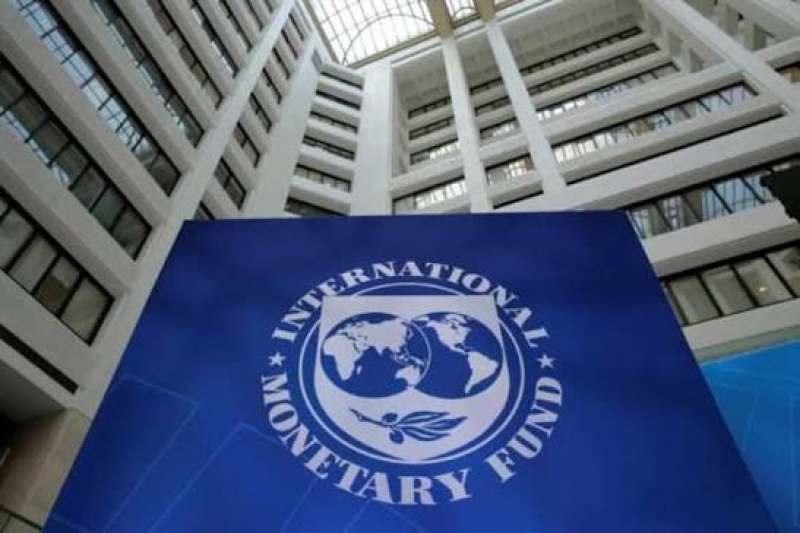- Body of Osman Hadi Returns to Dhaka From Singapore Late |
- Fakhrul condemns attacks on media, calls for unity, justice |
- 2 cops among 4 hurt in clash outside Indian Assit H.C. in Ctg |
- Inqilab Moncho urges people to avoid violence |
- Hadi’s death: Prothom Alo, Daily Star offices set afire |
IMF to probe NPL data concealment in Bangladesh banks

The International Monetary Fund (IMF) is set to launch an investigation into the years-long concealment of a staggering volume of non-performing loans (NPLs) in Bangladesh’s banking sector, seeking to identify those responsible for the large-scale cover-up.
The global lender is examining whether the secrecy surrounding the true extent of defaulted loans stemmed from deliberate manipulation or gross negligence in bank inspections, officials at the Bangladesh Bank (BB) told UNB on Wednesday.
With the real picture gradually emerging following the recent change in government, the IMF now wants to know how such critical financial information remained hidden from the public for so long.
IMF Seeks BB’s Clarification
The issue dominated a meeting between an IMF delegation and Bangladesh Bank officials on Tuesday (November 4).
The officials who attended the meeting confirmed that the IMF team explicitly demanded clarification on how and why the NPL data had been concealed and why such discrepancies went undetected during repeated bank inspections.
For years, efforts had reportedly been made to portray the banking sector as ‘healthy’ by downplaying the actual figures.
“With the change of administration, that veil of secrecy appears to have been lifted. Consequently, the latest data reveal a dramatic surge in NPLs,” said a central bank official wishing anonymity.
NPLs Soar to Tk 6.5 Lakh Crore
According to the newly disclosed figures, the total volume of NPLs across the country’s banking sector has jumped from around Tk 4 lakh crore to more than Tk 6.5 lakh crore within just one year.
The default rate in state-owned banks has now surpassed 40 percent, while private banks are reporting NPL rates exceeding 10 percent.
Systemic ‘Failures’
This situation marks a significant breach of one of the key conditions under the IMF’s $4.7 billion loan programme, which requires the NPL rate at state-owned banks to be reduced to below 10 percent by 2026, according to the officials.
The widening gap between the target and current reality has prompted the IMF to intensify its scrutiny, reports UNB.
The IMF’s probe is focusing on several key areas:
· The role of bank officials in classifying loans as non-performing;
· Whether legal loopholes or intentional efforts were used to avoid classifying unreturned loans as defaults;
· How such a fundamental lapse persisted within the bank inspection system; and
· Whether the inspectors were negligent or complicit in deliberate systematic manipulation.

